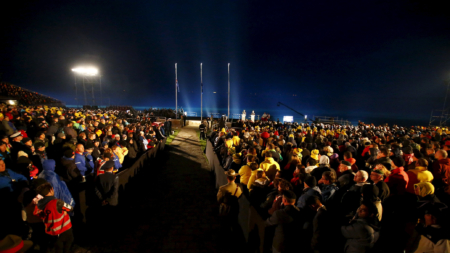Lest We Forget
“Lest We Forget” is a powerful phrase closely associated with ANZAC Day and memorial services in Australia and New Zealand. It serves as a reminder of the sacrifices made by soldiers during wars, particularly the Gallipoli campaign during World War I, and a call to remember those who served and died in all conflicts.
Origins of “Lest We Forget”
- The phrase comes from the poem “Recessional” by British author Rudyard Kipling, written in 1897. Although the poem was not specifically about war, the phrase “Lest we forget” quickly became associated with remembering those who died in military service.
- “Lest We Forget” became part of the ANZAC Day tradition as a solemn call for remembrance, urging people to honor the fallen and ensure their sacrifices are never forgotten.
Use on ANZAC Day
- The phrase is often said during ANZAC Day services, particularly after the reading of The Ode, which is part of the Ode of Remembrance from the poem “For the Fallen” by Laurence Binyon. After the lines “We will remember them,” the audience responds with “Lest We Forget” as a solemn promise to keep the memory of the fallen alive.
- This moment is particularly poignant during Dawn Services, where people gather in silence at war memorials across Australia, New Zealand, and places like Gallipoli in Turkey.
Symbolism
“Lest We Forget” is more than just a phrase—it’s a reminder to never take for granted the freedoms that were fought for and to honor those who gave their lives. It encourages reflection on the cost of war and the importance of peace.
Connection to Other ANZAC Traditions
The phrase ties in with other ANZAC Day traditions:
- Wearing poppies as a sign of remembrance.
- Two-up games, symbolizing the camaraderie of soldiers.
- ANZAC biscuits, connecting back to homefront contributions during wartime.
The phrase embodies the essence of ANZAC Day, ensuring that the heroism, endurance, and sacrifices of soldiers will always be remembered.

